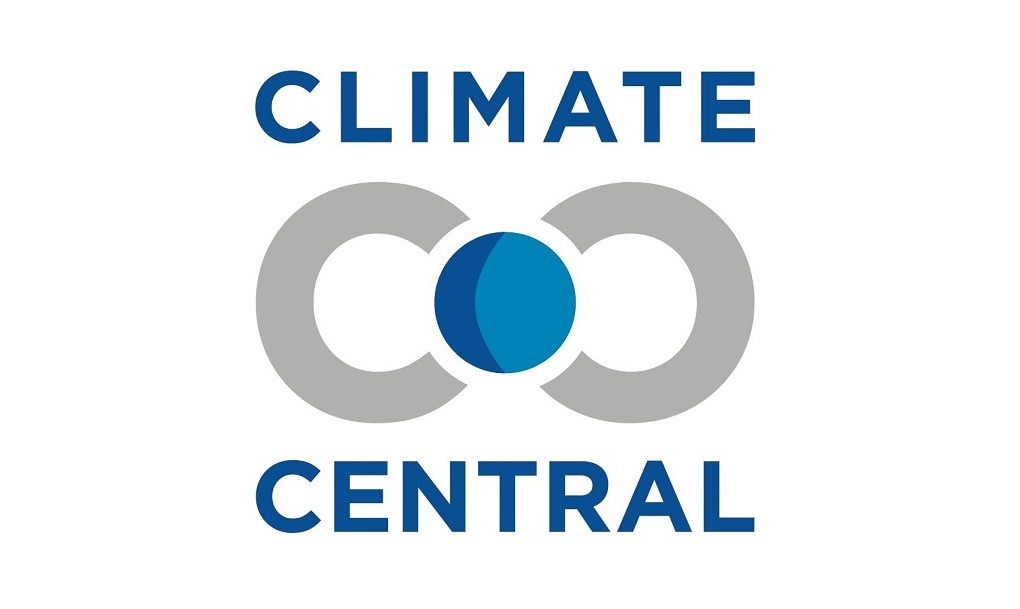NOAA’s latest State of the Climate roundup shows that September marked the 16th month in a row with above-average temperatures for the lower 48 states of the U.S. Both the calendar year and the 12-month period from October 2011 through September 2012 were the warmest on record, and statistics show that it will require an unusually cold October through December period for 2012 to rank anything other than the warmest year.
The U.S. has never before recorded 16 straight months of above-average temperatures, and although natural variability has also played a role, the warmth this year is consistent with long-term trends related to global warming.
Over the month, the mercury averaged 67°F, which is 1.4°F higher than the long-term average. The April-September period, which is considered the “warm season” in the continental U.S., was the warmest on record, with an average of 68.2°F (the runner-up is the 1934 warm season, at 67.6°F).
Warmest 12-month periods for the contiguous United States, 1895-2012.
Click image to enlarge
Credit: National Climatic Data Center.
Although September by itself was only 23rd warmest such month on record (tied with 1980), the unusual warmth from January through August virtually guarantees that 2012 as a whole will be the warmest since modern recordkeeping began. According to the National Climatic Data Center (NCDC), October through December would need to rank among the top 10 percent coldest such periods on record to thwart the warm temperature record. (Globally, however, 2012 is not expected to rank as the warmest year, as the January to August period ranked ninth on the list.)
Although October to date has been relatively chilly in the U.S., with record cold temperatures far outnumbering record warm temperatures so far, forecasts from the Climate Prediction Center shows a warmer than average finish to the month.
Year-to-date temperature anomalies for the contiguous United States.
Click image to enlarge
Credit: National Climatic Data Center.
When it came to precipitation, the September average for the continental U.S. was 2.40 inches, which is slightly below the long-term average. The Northern Plains, Northern Rockies, and Northwest, however, were at or near record levels of dryness, which contributed to nearly 1.1 million acres seared by wildfires during the month, the third most active September for wildfires on record. As of October 2, the ongoing drought that has plagued much of the nation since last spring continued to linger, with 64.6 percent of the contiguous states suffering from some level of drought.
In a number of cities, the January-September average temperature was not just above the 1981-2010 average (i.e., what NOAA considers “normal”), but dramatically so. Among them:
Akron, Ohio (4.5°F above average)
Aberdeen, South Dakota (5°F above average)
Chicago, Illinois (5.3°F above average)
Columbia, South Carolina (3°F above average)
Des Moines, Iowa (6°F above average)
Green Bay, Wisconsin (5.9°F above average)
Rochester, Minnesota (5.5°F above average)
Springfield, Illinois (5°F above average)
St. Paul, Minnesota (5.5°F above average)
Some cities were unusually cold as well, mostly in the West, Northwest, and Alaska. Several powerful storms struck Alaska during the month, causing significant damage in some areas.:
Bethel, Alaska (5.5°F below average)
Eureka, California (1.8°F below average)
Nome, Alaska (4.4°F below average)
Pendleton, Oregon (0.4°F below average)
NOAA also reported that its Climate Extremes Index, which makes year-to-year comparisons of extremes in heat, cold, precipitation and other factors, shows that if you leave out hurricane activity, 2012 to date has been the most extreme year in climate since this sort of record began to be compiled in 1910.
Related Content
Drought Conditions Recede Slightly Across U.S.
U.S. Had Third-Warmest Summer, Warmest Year to Date
Globe Records the Fourth Warmest August as Arctic Ice Melts
2012 Heat Wave is Historic, if not Unprecedented
The Heat is On: U.S. Temperature Trends
